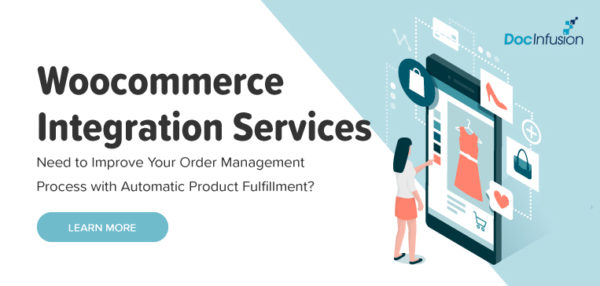These days, data is the heart of business, driving the direction of campaign strategies to guarantee effective results.
One crucial means for managing data is the enterprise resource planning (ERP) system. However, just having the data isn’t enough to bring your practice to its fullest potential. ERP integration services, data integration tools, and eCommerce integration can give your company the boost it needs, and here are five reasons to consider that merge.
1. 360-Degree Vision
To make actual use of the data you have collected, you need to be able to examine and analyze it. When you have multiple data outlets to go between, it becomes more tedious and difficult to gain an overall picture of your data patterns. You’ll keep having to go back and forth between the different systems, hoping you can remember the data from each area so you can compare them mentally.
Data integration tools ease this complicated process by gathering all of the data into one spot. That way, you can see the entirety of your data at once. Such a “360-degree” view allows you to fluidly scan the full range of data, rather than having to focus on one part at a time. In doing so, you can better comprehend the data patterns and plan a more accurate marketing campaign.
2. Fast Response Time
Often data will rest undisturbed in your archives for some time only for there to be a sudden, urgent need for it. With real-time interactions with customers and clients at stake, companies cannot afford to waste vital time scrambling for the stray pieces of data they need to make a reliable decision. When the data is stored in multiple systems, locating the data can be like finding a needle in a haystack.
The necessity for real-time data analysis means that ERP data integration is critical for ensuring a prompt response. If you have all of your data in one place, you won’t have to spend extra time shuffling between different repositories until you find the right data. Therefore, you can significantly cut down on your response times, thus ensuring that your business manages its affairs in a dynamic fashion.
3. Safety First
Whatever focus your business has, you must place special care on the safety of employees and customers alike. It’s best if you can prevent accidents before they happen. Little details can make the difference between smooth products and services and something going wrong. Data analysis can help you discern potential issues, and integrated data is the best way to keep things safe.
4. Solid Decisions
Every day, companies must make crucial decisions that will determine the course of their customer relationships, corporate strategies, and overall success in the market. To make the best decision possible, within narrow time frames, business leaders need to have information that is accurate, thorough, and prompt — all qualities enhanced by eCommerce integration.
5. Adding Value to Your Data and Business
Most of all, eCommerce integration services bring greater value to the key elements of your practice. Combining the data together lets you improve the overall quality of the data. An integrated system also makes it easier to access the data rather than fumble between various sources. Because of these enhancements, your data gains value.
Similarly, data integration tools bring newfound value to your business as a whole. Just improving the data will help your business, but that’s only the beginning. All of the various gains mentioned above including speedy responses, a 360-degree view, greater safety, improving the state of the company as a whole, adding value to the business, and helping it reach its greatest potential.
Takeaways
ERP integration services and eCommerce integration are the keys to making your business stand out from competitors. There are many more advantages to integrating besides those listed above. The move toward integration may seem daunting, but you’ll be happy you did once you reap the rewards.
Download Your Guide to Ecommerce Integrations. Click Here for Your Free E-book.
You May Also Like:


